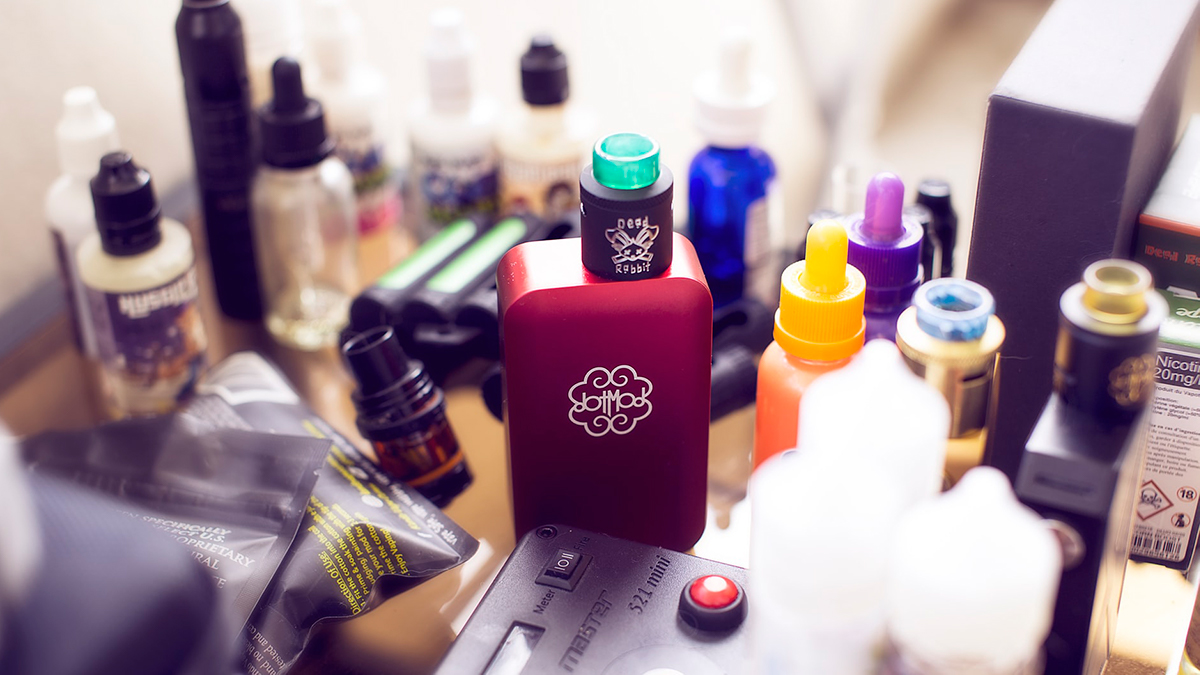CDC’s investigation into the vape-linked lung disease that has claimed 42 lives has led to calls for increased regulation and oversight into the e-cigarette industry, with vitamin E acetate being identified as a key factor in the outbreak recently. Other industries have begun to take note, with news surfacing that Apple has just removed all vape-related apps from the App Store.
Out of the 181 apps that have been taken down, none were platforms actively selling vaping products, but many provided vape-related news, social communities, and some were apps that allowed users to control facets of their vapes with their smartphones.

However, users that already have the apps installed on their iPhones can continue to use them, although they won’t be updated or be available on the App Store any longer. Users will also be able to reinstall the apps on new devices, so long as the same account is used.
One of the reasons for the move, Apple explains to Axios, is the dangers the habit poses to youths:
“We take great care to curate the App Store as a trusted place for customers, particularly youth, to download apps. We’re constantly evaluating apps, and consulting the latest evidence, to determine risks to users’ health and well-being.”
While the CDC has narrowed down their investigation to vitamin E acetate—a substance that isn’t usually toxic when ingested or applied—the agency continues to investigate the potential dangers of vaping.
“Recently, experts ranging from the CDC to the American Heart Association have attributed a variety of lung injuries and fatalities to e-cigarette and vaping products, going so far as to call the spread of these devices a public health crisis and a youth epidemic.”
“We agree, and we’ve updated our App Store Review Guidelines to reflect that apps encouraging or facilitating the use of these products are not permitted. As of today, these apps are no longer available to download.”
It’s worth noting that vitamin E acetate is a thickening agent added to vape juices, and is usually used in THC-containing e-liquids as a substitute for the more costly THC component. THC, if you didn’t already know, is the component of marijuana that gives the user the euphoric high normally associated with the drug.
At the moment, there hasn’t been a concrete decision on the regulation of the use of vapes, either in the U.S. or in other regions. However, what is clear is that more oversight is needed for the e-cigarette industry—in the same way that the tobacco industry is regulated, at least.
[ SOURCE , IMAGE SOURCE ]








